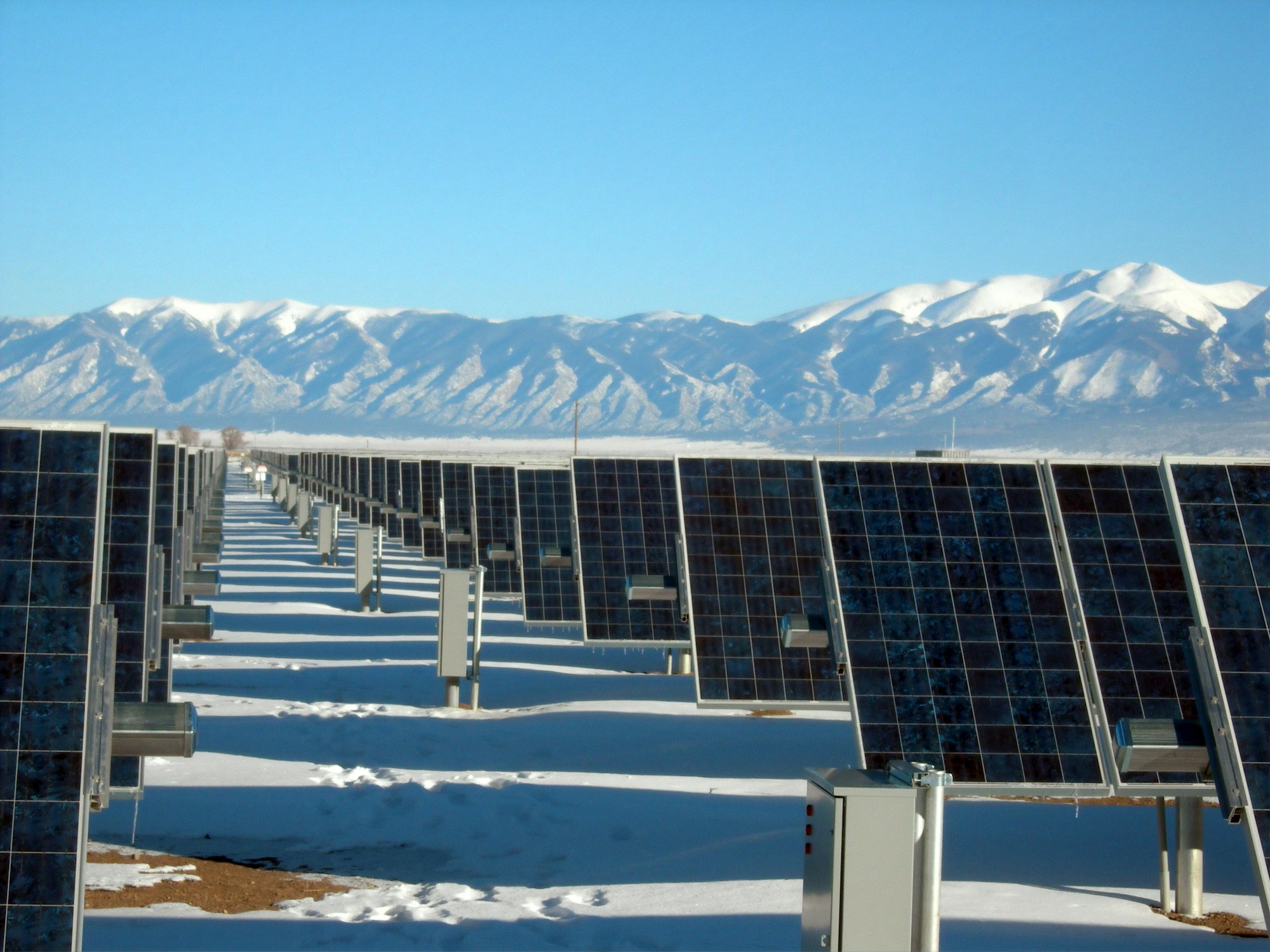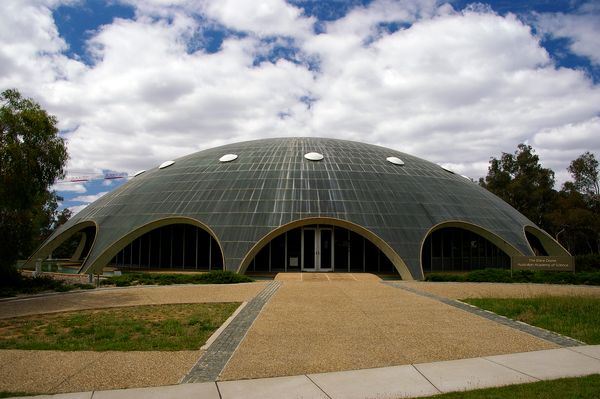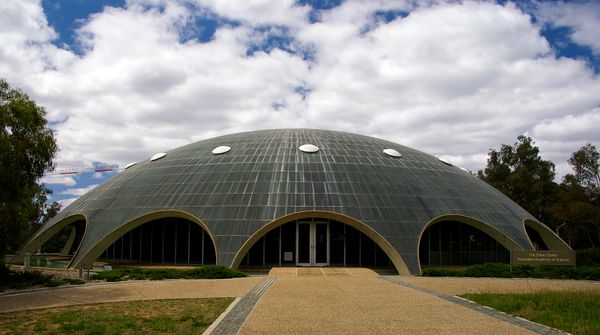Australian Earth Science facing a very uncertain future (updated)
The COVID-19 border closures and the financial shocks to Australian Universities that followed have been felt especially hard in Earth Science departments around the country. In a series of articles over the next few weeks, we are going to explore some of the deep-seated reasons why our discipine has been impacted disproportionately, and how we can strengthen Earth Sciences for the future.
First of all, let's be clear about the scope of the discipline: Earth Science addresses every aspect of the way our planet functions and includes the solid Earth, the oceans, the atmosphere, and the cryosphere. It requires expertise from geology, physics, chemistry, biology, mathematics and computation, and, not surprisingly, Earth scientists have to be able to work across discipline boundaries.
Secondly, and related to this, many of us working as Earth scientists trained in one or more of the basic disciplines before we added our geo- prefix full time. Many of our students have come to study Earth Science to learn about the stewardship of our planet before they embark on their chosen career path.
A basic knowledge of the Earth and its environment is important for everyone, but we also face future challenges that require deep, quantitative expertise in geophysics, geochemistry, geobiology, geology, geosystems that requires a critical mass of specialists based in Australia.
No single university has the capacity to sustain this breadth of expertise if it is only to round-out a general education and so a national conversation on how we intend to support the Earth Sciences has to be on the table.
Here is some essential homework for anyone interested in being part of that conversation.
The subsurface is a limited resource
There was a time when the sky seemed limitless and endless tall chimneys were viewed as progress not pollution. Smog, acid rain, the loss of the Ozone Layer, and global climate change have changed our thinking about our responsibility to view the atmosphere as a finite and fragile resource. The biosphere is irreparably changed as a result of human activity, the oceans are warming, and it should not come as any surprise to discover that humans are acting at a scale that geological processes cannot restore.

Sam Boone and colleages take up this theme and explain how Australia is losing capacity in the Earth Sciences at a time when we most need this expertise and they call for a new national approach to sustaining teaching and research capacity.
Expertise for a Climate-Constrained Future
For all nations to share the prosperity currently enjoyed by the lucky few, we will need to decouple wealth from pollution and reduce the net-energy footprint of every human being.

The geological society (London) has been examining the role of Earth Science expertise in a changing world and have a library of thought-provoking documents.

The American Geosciences Institute has a similar view: geoscience expertise is important in addressing a climate-constrained future. The problem is, experts are likely to be in short supply as student numbers collapse in the US.
Critical resources

John Mavrogenes and Simon Jowitt talk about the increasing need for reliable supplies of Rare Earth Elements (a.k.a. critical metals) in our zero-carbon plans for the future.
Here is an article on the Canadian view of the world's "technology metal" requirements and Canada's part in supplying those needs.
The International Energy Agency roadmap to "Net Zero by 2050" says "The energy transition requires substantial quantities of critical minerals, and their supply emerges as a significant growth area". Full report (link to pdf) or view the presentation available here:

Previously

We will link related articles when they are published ! (Updated June 11, 2021, Updated June 16, 2021)





